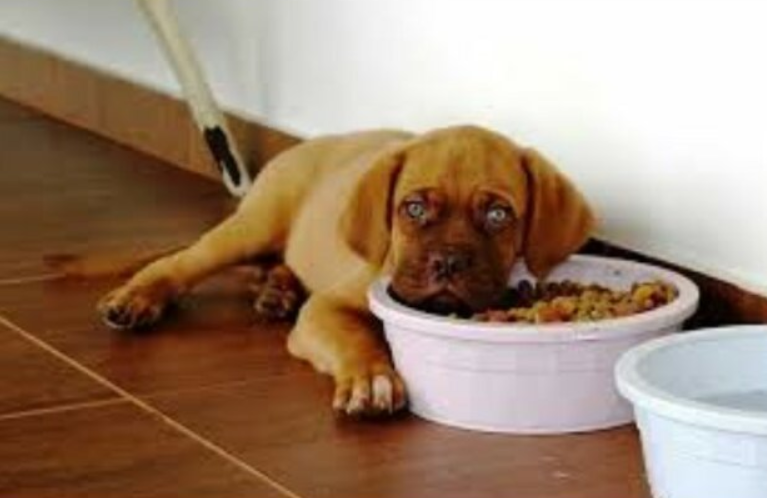
When the dog refuses to eat, the caring owner panics. Why was the pet’s appetite great yesterday and today it won’t fit in the bowl? Maybe something is wrong with the feed? Or not feeling very well? Or is the new bowl to blame? Let’s analyze the main reasons and discuss what to do in such a situation.
7 main reasons why a dog refuses to eat.
- indigestion.
This problem is not only accompanied by refusal to eat, but also loose stools, vomiting, lethargy and anxiety. Diarrhea is a dangerous condition that quickly leads to dehydration. Therefore, inactivity is a poor strategy. If you notice that the dog is not feeling well, contact your veterinarian as soon as possible.
- diseases.
Refusal of food can be one of the symptoms of viral, parasitic diseases and diseases of internal organs. Unfortunately, sometimes the disease is practically not expressed and can be detected only during the examination.
If the dog feels well but refuses to eat for more than three days for no apparent reason, be sure to take it to a veterinarian.
- Improper Feeding.
Appetite may worsen due to dietary changes. This is not necessarily a complete change in feed. Perhaps the products were not fresh enough or the kibble was stored in an open package and “weathered”.
Or maybe you offered your pet a meal for lunch that he categorically did not like and he is demonstrating his protest? Make sure you offer your pet the right, balanced, quality food.
- wrong diet.
Nutrition is not only the quality of the food, but also the combination of products, the volume and number of servings, feeding time. For example, if you use a balanced dry food as the basis for the diet and at the same time feed the dog with products from the table, it is a violation of the regime. Improper feeding worsens the metabolism of the pet and this affects its eating habits.
- stress.
Stress is a very common reason for not eating. It is not scary if the dog was worried about exercise and missed dinner due to emotions. But if the pet is very worried and skips several meals, the problem must be solved.
Eliminate the cause of stress as soon as possible and ask your veterinarian for a sedative for your pet. This will help bring it back to life quickly and without negative consequences to the body.
Intense physical activity and an abundance of new information can also be causes of temporary food refusal.
- medical procedures.
Refusal of food is a normal reaction to the administration of a vaccine or injection, to drug treatment, and during the rehabilitation period after surgery or therapy.
In this situation, it is important to work with a veterinarian to monitor the pet’s condition. In a word, keep your finger on the pulse.
- Certain conditions: Teething, growth spurts, shedding, the time of sexual hunting, etc.
Appetite may deteriorate when the puppy’s teeth are teething, when he has growth spurts, when the dog sheds, when he is in heat or preparing to give birth … This is normal and you should not worry. With time, the appetite will normalize.

Leave a Reply